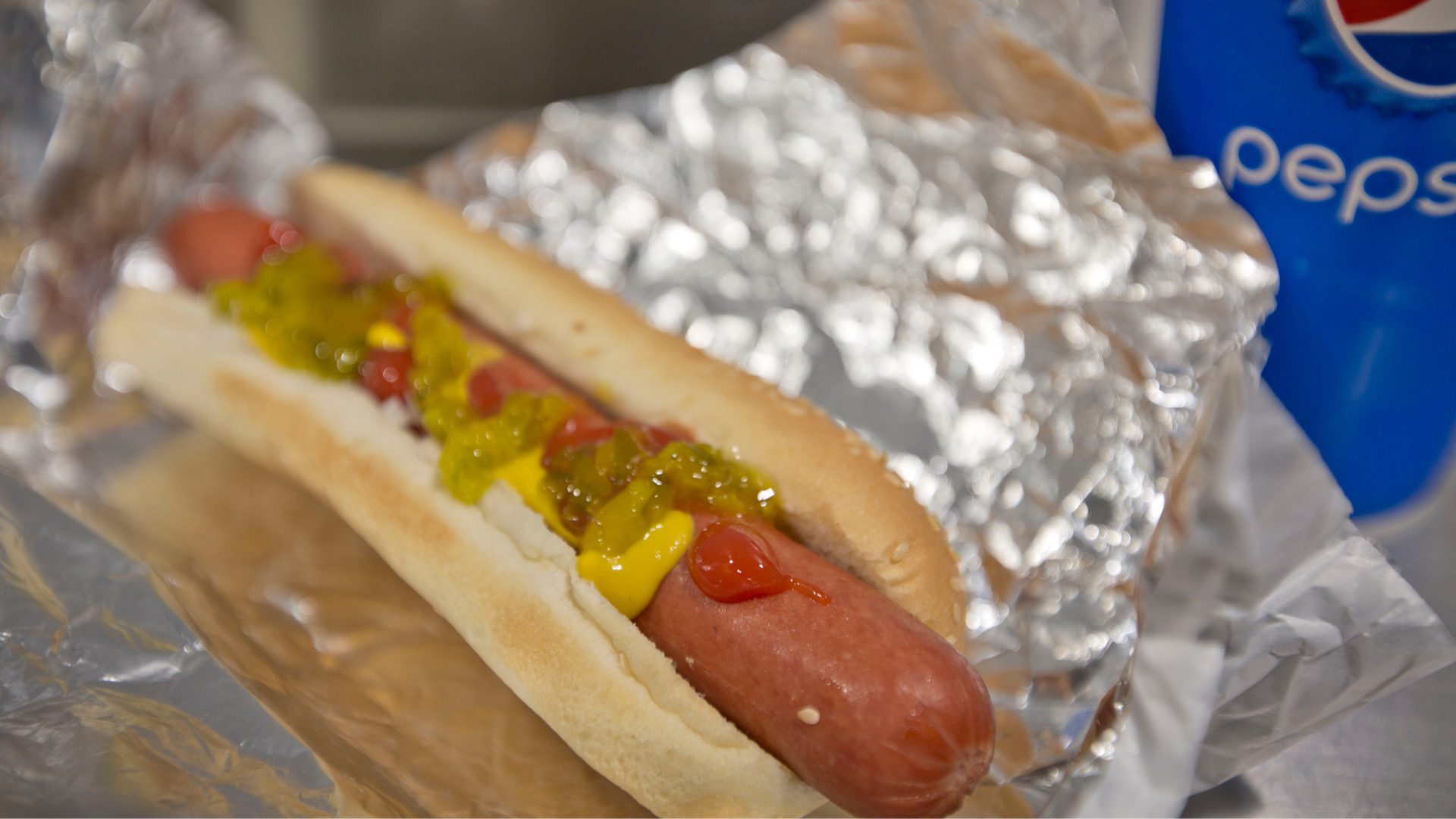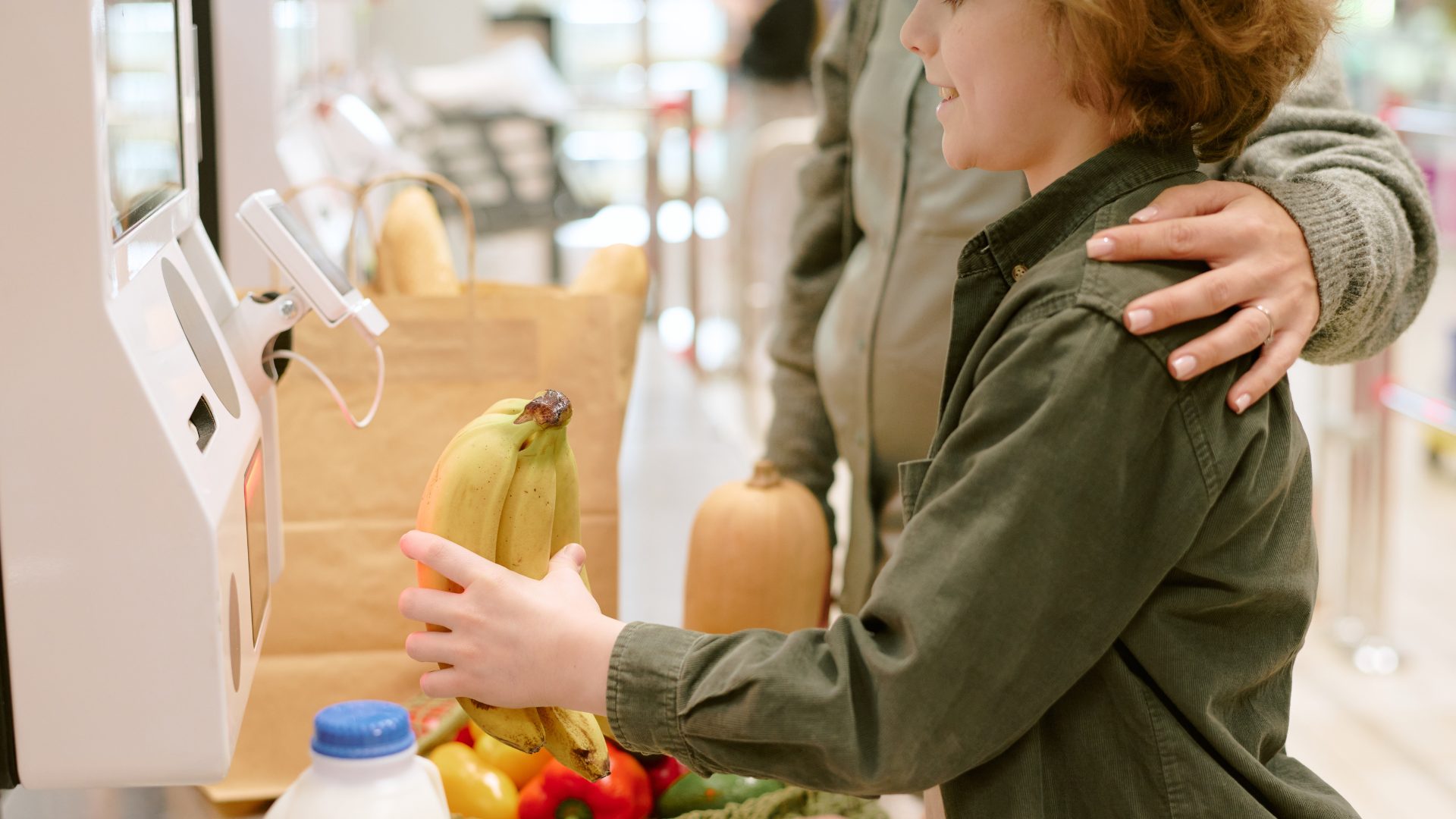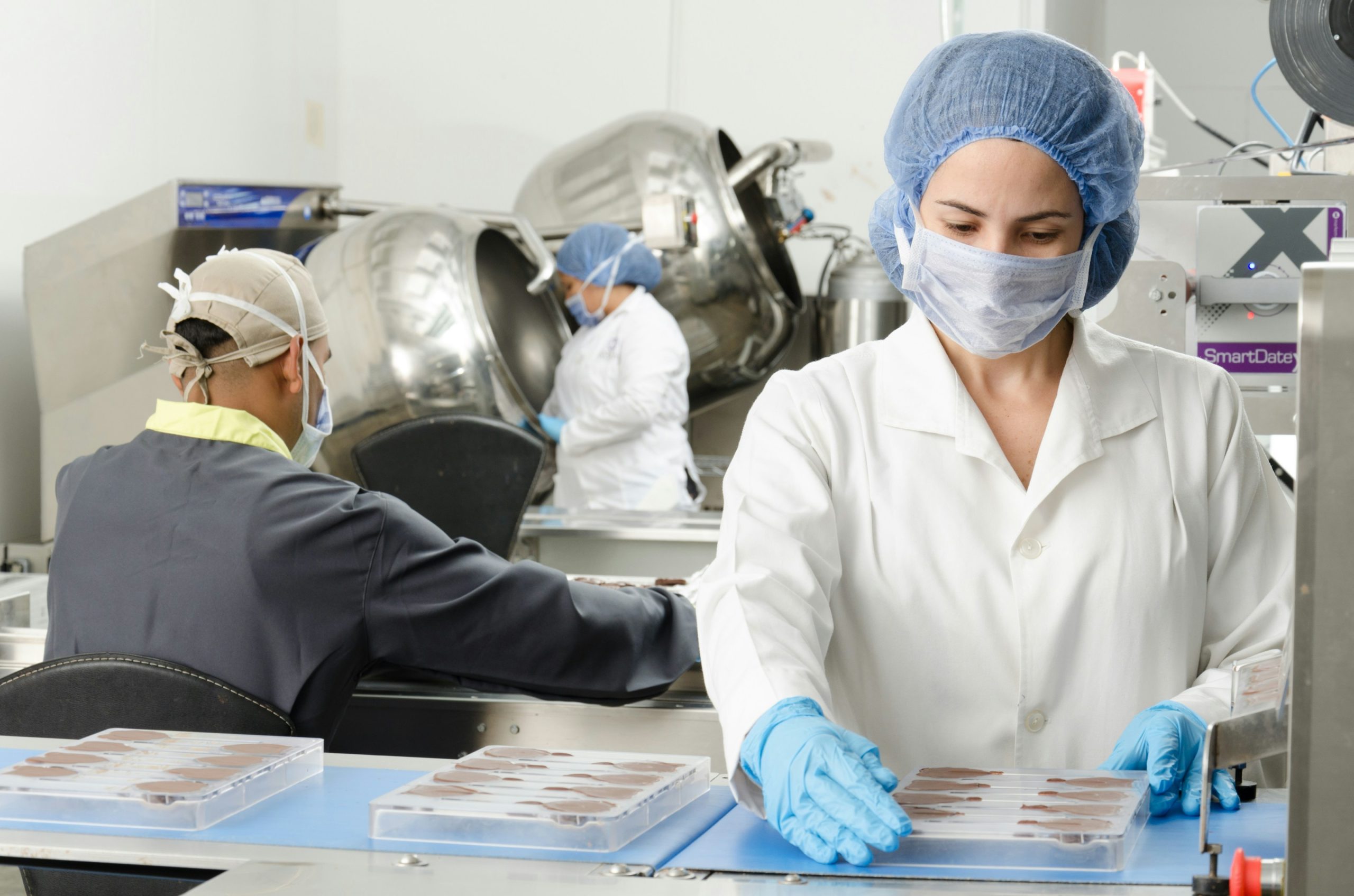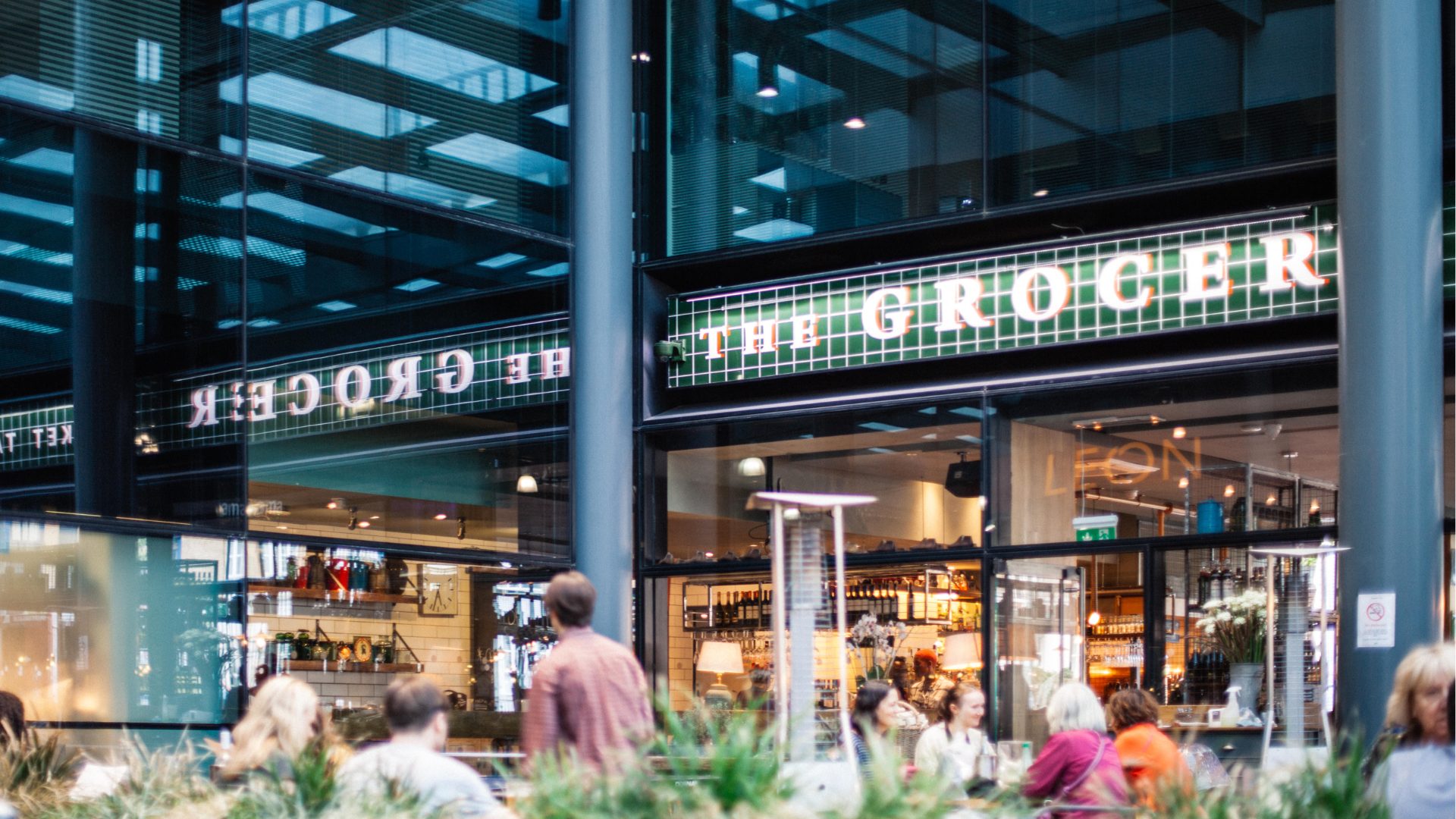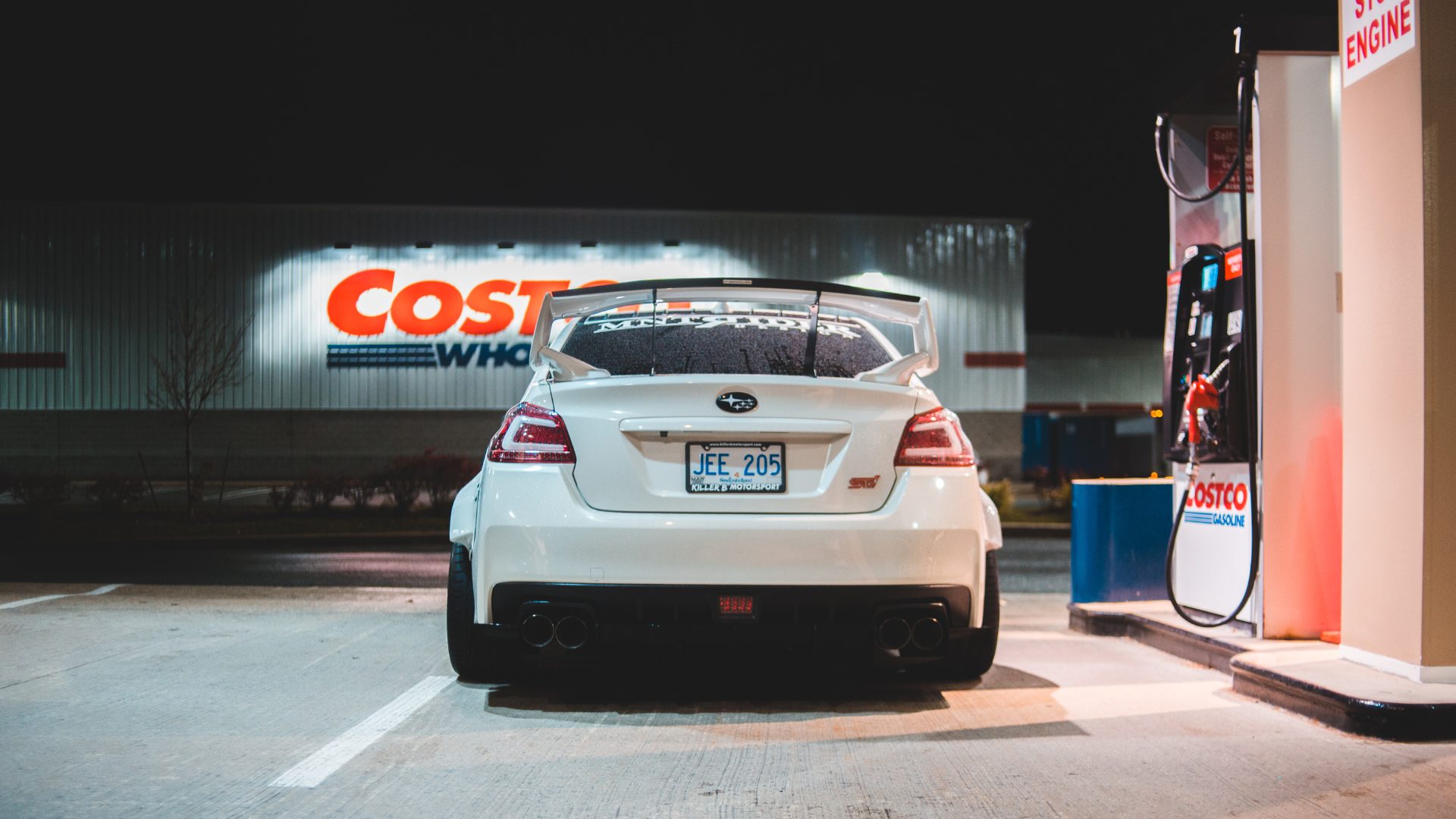First, it was dire speculation about jacking the price of Costco’s $1.50 all-beef hot dog.
Now, it’s Trader Joe’s (formerly) 19-cent banana.
What won’t they ruin next?
For many companies, raising prices in heady times is simply the cost of continuing to do business, provide services, and sell as many goods as possible, though the reality hits a little harder when many peoples’ favorite grocery and retail staples fall under the cruel knife of the economy.
Last week, a spokesperson from Trader Joe’s told CNN, “We only change our prices when our costs change, and after holding our prices for bananas at 19 cents for more than two decades, we’ve now reached a point where this change is necessary.”
Demand for bananas has remained steady due to their unflinching yellow reliability no matter what the economy is doing to the rest of the market. A 2023 report from the Food and Agriculture Organization of the United Nations reported that fierce competition and bananas’ ongoing role as a loss leader makes it a valuable commodity for grocers large and small. Data from the Bureau of Labor Statistics notes that from February 2023 until February 2024, the cost of a pound of bananas was no less than 62 cents and no more than 64 cents. This month, however, the World Banana Forum warned that climate change and rising temperatures are driving up banana prices.
“The effects of global warming are resulting in a higher occurrence of droughts, floods, hurricanes, and other natural disasters,” notes the WBF’s website, “which render the production of bananas increasingly difficult, uncertain, and costly, and threaten to cause disruptions to global supplies and smaller livelihoods.”
The WBF also warns of another serious threat to the once-reliable banana – Fusarium Tropical Race 4 (TR4), a fungal disease that affects banana plants and that is currently confirmed in over 20 banana-exporting countries.
“Once a piece of farmland has been contaminated with TR4,” the WBF warns, “managing the disease has been challenging and costly.”
More importantly, Trader Joe’s engaged in one of the most useful and cost-effective strategies to deliver its message – transparency.
“it’s important to be transparent,” said Diana Zheng, head of marketing at Stallion Express, an e-commerce solutions company, to TFI.
“When you’re honest about the reasons for price changes, you’re more likely to be able to build trust with your customers. Whether that’s because of inflation, higher manufacturing costs, or something else, being open and honest about why changes must be made helps your customers understand.”
Zheng also said that consistent messaging and customer feedback can reduce the risk of negative actions. Being transparent, demonstrating value, being adaptable, and listening to customers can mitigate much of the opening blows while maintaining customer trust and loyalty.
Luckily, the case isn’t as worrisome as what’s happening to the cost of cocoa, which has seen a meteoric rise the past several months. Until bananas cost more than copper, consumers can rest assured knowing that a quarter at Trader Joe’s can still net a Cavendish.
Are The Dogless Days of Costco Nigh?
Meanwhile, dark clouds have been gathering over another American staple – the $1.50 Kirkland Signature All-Beef Hot Dog and Soda combo from Costco.
A few weeks ago, Costco’s CFO of 40 years, Richard Galanti, officially stepped down from his post. His last day was Wednesday, March 13, and in a recent interview with Bloomberg recapping his nearly half-century tenure, Galanti mused that the combo – by and large the soul of the brand – is “probably safe for a while,” prompting many to wonder if their next combo may be their last for under, say, $2.00.
“Consumers love customary pricing, finding comfort and predictability in its consistency,” said Bingxuan Guo, assistant professor of marketing at Wake Forest University School of Business, to TFI.
“The change of customary prices, especially increased ones, can evoke a spectrum of responses. Consumers might feel frustrated because of loss aversion. They might also view themselves as less powerful in the relationship with brands and businesses. Perceived fairness can be another problem.”
The whole point of customary pricing, Guo points out, is its specific ability to weather change – the proverbial immovable object amid the unstoppable forces of the greater economy.
Behold, the enduring power of the Costco Kirkland Signature All-Beef Hot Dog and 20-oz. Soda (With Refills) combo:
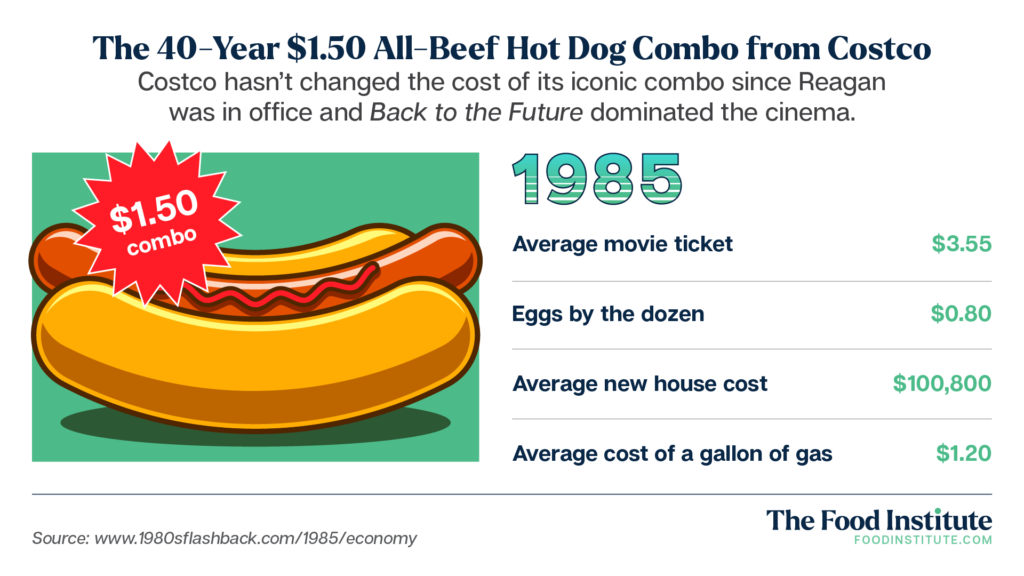
Next, behold consumers’ avarice (and, uh, patriotic?) response to a possible price hike, borne from love of the dog:

Source: @soyycash via X
So prevalent and all-consuming is the cultural agency of the Costco Kirkland Signature All-Beef Hot Dog that it’s propelling a crypto “memecoin” on the Solana crypto exchange. That is a real sentence.
“Hot dogs are in control,” writes one commentator on TikTok. “The buns stay on,” adds @Jan crypto trader in the same thread amid a rising swell of crypto brokers.
Most consumers are less concerned with cryptocurrencies and more concerned with the legal American tender jingling in their pockets, however, and what happens to the cost of a single staple meal may inform Costco shoppers’ habits – and loyalty – for months.
“There’s a great divide in this country right now between economic rationale – which says that inflation has slowed – and these very real-world examples that make consumers feel otherwise,” said Ian Baer, founder of Sooth, an insights-driven platform and marketing consultancy, to TFI. “With the exception of TV sets – where prices have remained relatively low because the manufacturers are subsidized by data revenue – the price of everything eventually goes up.”
Amid rumor and spectacle (at least on X) regarding the possible increase of the cost of the combo – akin to opening the Ark of the Covenant, for some people – one Costco retail specialist who preferred to remain anonymous spoke to The Food Institute:
“There is absolutely no way Costco is increasing the cost of that combo.”
This sentiment echoes a much broader (and more explicit) quote from Jim Sinegal, former Costco CEO and co-founder, when he told incoming executive Craig Jelinek, “If you raise [the price of] the effing hot dog, I will kill you,” after Jelinek proposed just that around 2012 according to a story from Mental Floss.
Reilly Newman, founder and brand strategist at Motif Brands, recently put it this way: [“Not raising prices] has worked for Costco and helped them become a beloved brand. Costco’s perception of great, quality deals has been strategically constructed throughout the years from $1.50 hotdogs to “treasure hunts” within the store,” and also noted that Galanti once said, “By the way, if you raised (the price) to $1.75, it would not be that big of a deal. People would still buy (it). But it’s the mindset that when you think of Costco, you think of the $1.50 hot dog (and soda).”
Less concerned with profit than with perception, the perception for many begets profit for Costco.
There’s no accounting for taste, after all, though there is accounting for customer loyalty – the hot dog combo is far from a loss leader in the eyes of the Costco faithful, many of whom approach the food court with the grim determination of a zealot during the Crusades. A deal’s a deal, a steal’s a steal, and a $1.50 hot dog next to a cart packed with hundreds of dollars of merchandise, food, and sundry makes the trip – and the retail expenditures – all the more tasty.
Now that Costco is banning non-members from its previously public food courts, however, here’s one writer who may have to piggyback his way in with a good friend, especially if I finally want to commune with the people, enter the queue, and get that $1.50 Kirkland Signature hot dog in me.








